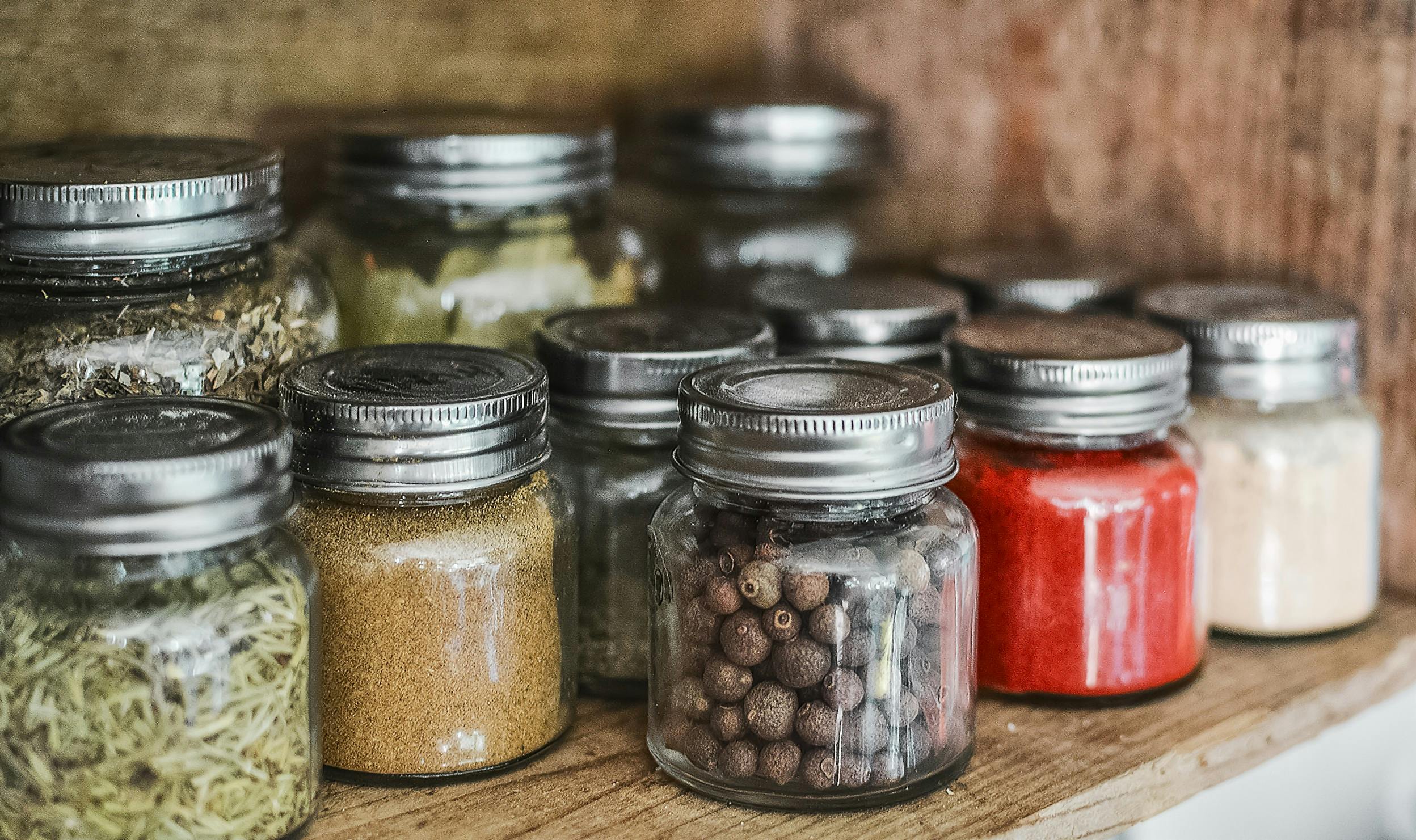Home remedies for pigmentation are widely used as the first line for skin pigmentation although there are many ways to treat it.
Pigmentation is a common skin concern and is the skin coloring for men and women of all ages.
Melanin is produced in different levels and types by specialized cells called melanocytes to protect them from being damaged when exposed to harmful UV light.
Causes of skin pigmentation
Any disorder and/or damage in the amount, size, and functioning of melanocytes will affect the production of melanin and result in variation of skin tones.
1. Genetics:
Genetics may be capable of predicting the amount of melanocytes for each individual.
There are more than 125 genes that affect and influence skin tone.
Genes and hormones both contribute to the production and regulation of melanin.
2. Sun exposure:
For the body, to protect itself from damage by UV rays, it builds a shield by producing melanin and thus in turn results in skin pigmentation.
3. Medications:
Different types of medications can alter skin pigmentation.
For example, antibiotics and birth control medicaions can enhance melanin synthesis.
Doctors should be consulted about some medications due to their effect on skin tone.
 Types of skin pigmentation
Types of skin pigmentation
There are many different types of skin pigmentation; hyperpigmentation, hypopegmentation, and depegmentation.
Some cases cauld be treated by home remedies for pigmentation but others require a dermatologist.
Hyperpigmentation:
A high amount of melanin and darker skin tone affects patches of the skin or the whole body may appear as a result of a medical condition.
Hypopigmentation:
The lighter color of the skin is due to the abnormally low amount of melanin.
Hereditary disorders such as albinism, melasma, fungal infections, pityriasis versicolor, pityriasis alba, and vitiligo can result in hypopigmentation.
Depigmentation:
Complete loss of melanin in which skin color turns white.
Vitiligo, an autoimmune condition, may be the major cause of it.

Home remedies for pigmentation
Although there are many types of therapies, alternative natural products are preferred.
Home remedies for pigmentation that can lighten skin color have long been used due to their safety and efficiency.
They contain acids and antioxidants to protect and brighten skin and improve the appearance of hyperpigmentation.
They range in their strength and simplicity from tomato face packs to apple cider vinegar remedies.
Vitamins A, B, C, and E can all be used to improve skin pigmentation problems, and are necessary for healthy skin.
1. Apple acid vinegar:
It contains acetic acid which has potent lightening properties because of its chemical peeling effect.
It also contains polyphenols which are known to act as antioxidants.
It should be used carefully, 1:1 ratio with water left for a few minutes on affected areas then rinsed roughly with water twice daily.
2. Yogurt milk:
One of the most affordable home remedies for pigmentation.
It contains lactic acid which also has a peeling effect on skin.
It may be applied directly on the affected area or by soaking a piece of cotton in milk and applying it.
It should be left for a few minutes then washed with water and moisturized.
3. Green tea:
The main active substance in green tea is epigallocatechin-3-gallate (EGCG).
With its antioxidant effect, it stops the over-pigmentation process.
It also contains gallic acid and ellagic acid, both promote skin appearance.
It can be used orally as a supplement or by applying a wet green tea bag on the pigmented area daily for a few minutes.
4. Vitamin c:
As a potential part of home remedies for pigmentation, vitamin c In the form of ascorbic acid or citric acid brightens the appearance of the skin.
Due to its limited penetration to the skin, vitamin c has no noted harmful effects.
Wide sources of vitamin C, such as lemon, oranges, or papaya can be used with other home remedies for pigmentation to increase the antioxidants on the surface and lighten the skin over time.
5. Red onion:
Isolated red onion can stop the processes that make excess melanin.
It is considered one of the home remedies for pigmentation used as a skin-whitening substance.
For best results, onion is ground up and added to an empty tea bag then applied to the affected area.
6. Licorice extract:
It is known to be effective as a skin-lightening agent.
Glabridin which is the main active ingredient in licorice protects the skin from pigmentation due to UVB rays.
Different types of cosmetic products containing licorice extract are available over the counter with proper directions for use.
7. Tomato paste:
Tomato paste may be considered an available long-term agent of home remedies for pigmentation.
It contains lycopene which protects the skin against short-term and long-term consequences of UV light exposure.
8. Aloe vera:
It contains aloesin, which is known to lighten pigmentation.
Aloesin works by inhibiting the production of melanin in the skin.
Different studies recommend that taking aloe vera capsules can relieve melasma in pregnancy.
9. Black tea water:
Because it is rich in antioxidants and multiple phytonutrients.
It is used to treat pigmented skin that has been damaged because of exposure to the sun.
When not to use home remedies for pigmentation?
Treating skin tone disorders is an important issue.
In some cases, it might be difficult. In other cases, home remedies for pigmentation will be enough.
Skin pigmentation can be treated orally and topically with medications, and cosmetic products, also it can be easily treated at home.
However, consulting a dermatologist is preferred in serious cases for better diagnosis and treatment.
Summary:
Skin pigmentation is a condition that bothers both males and females.
It has three types, caused by many reasons, and affects different sites of the body and there are a lot of available home remedies for pigmentation.


You must be logged in to post a comment.